10 New Ways to Eat Well
Intro

The boring, old rules of healthy eating are landing on the scrap heap as new research uncovers the intricate ways nutrients work within our bodies. The result? Some surprising shifts in what should really be on our plates and more food flexibility and fun as well. Here are 10 things you might not have known about eating well:
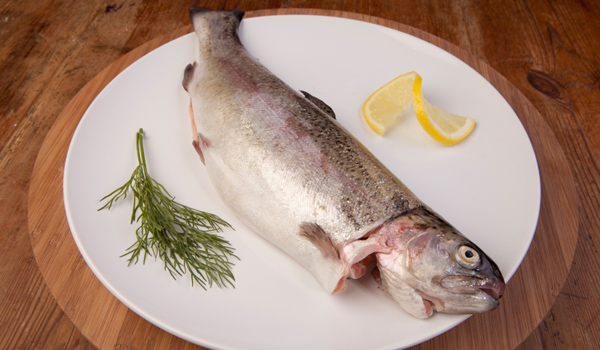
Trans fat is out, but good fats are in
"'Fat-free' used to mean healthy, but now we know that's totally wrong" said Minh-Hai Tran, a registered dietitian in private practice in Seattle.
While certain lipids, such as trans fats , are still known to be bad for us (and probably always will be), it's not a good idea to lump all fats together into one group, Tran said. Numerous studies have shown that the omega-3 fatty acids found in fish and fish oil supplements promote heart and brain health, and a 2009 study in the journal BMC Cancer found they also lower the risk of breast cancer in post-menopausal women.
Omega-3s, which also have been found to improve conditions such as arthritis, high cholesterol and attention disorders, are found in many grains, seeds and nuts as well.
A yolk a day may keep the doctor away

Forget the egg-white omelet and egg substitute: the healthiest part of the egg may be the yolk. Growing research indicates that the nutrient choline, which is similar to a B vitamin, is deficient in many adults and more important than once thought, Tran said.
Egg yolks are one of the richest sources of choline, along with butter (surprise!), peanuts, soybeans and oats. Choline is an essential part of most cell membranes, particularly in brain cells, Tran said.
Get the world’s most fascinating discoveries delivered straight to your inbox.

Celebrate culture of all kinds
More ethnic foods than ever before can be found in U.S. restaurants and markets, and eating them does more than expand your palate. Eating fermented or cultured foods such as kefir (a Turkish milk drink), tamari (a dark, smoky Japanese soy sauce), kimchi (a Korean vegetable dish) and miso (a thick Japanese condiment) promotes the growth of healthful bacteria in our intestines, said Laura Knoff, a licensed nutritionist in Oakland, Calif.
"Look for the words 'raw' or 'contains live cultures' on labels," said Knoff, who's written two nutrition-related books. Also known as probiotics , these bacteria can enhance protein and mineral absorption and improve conditions such as constipation, colitis and heartburn.
Hungry or thirsty? That is the question
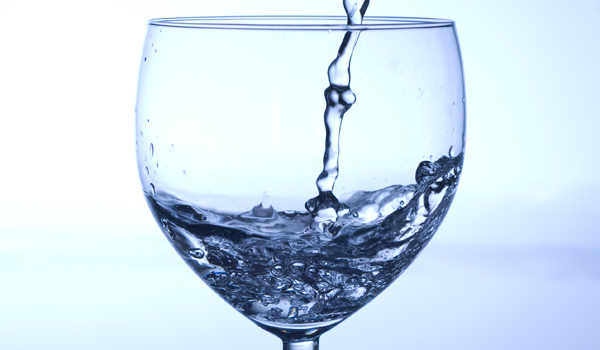
Many people confuse hunger and thirst, deciding to eat when they really just needed some plain old H2O, said Sharon Richter, a registered dietitian in private practice in New York City.
"Eating is an automatic go-to, while drinking is perceived as boring," Richter said. "If you think you're hungry, have a glass of water and wait 20 minutes. If you're still hungry, then eat."
Behold the mighty potato
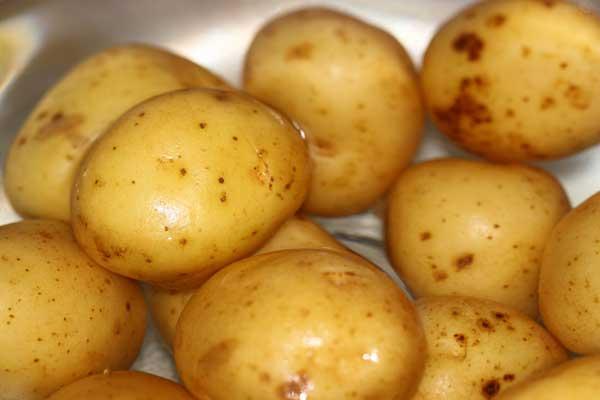
Once reviled for their high carbohydrate content, potatoes are now being appreciated for their many health benefits, including their ability to lower blood pressure. A 2010 report by the American Dietetic Association found that potatoes' high potassium levels can lower blood pressure by prompting the kidneys to excrete excess sodium from the body.
More than 55 percent of Americans either have high blood pressure or are close to having it, according to the association, and the condition significantly increases the risk of having a heart attack or stroke. Other potassium-rich foods include white beans, orange juice and plain yogurt.

Cinnamon does more than spice up your muffins
This sweet spice, used most often to pep up pancakes, toast, oatmeal or buns, has a long and storied history that includes being used in the ancient Egyptians' embalming process. But it may also do more than make our food taste better.
A 2003 study in the journal Diabetes Care of five dozen people with Type 2 diabetes showed that the daily addition of cinnamon to their diet lowered blood sugar, cholesterol and triglyceride levels after 40 days.
Losing weight requires a lifestyle change, not dieting

Many overweight people may have been better off if they had never dieted at all. A 2007 study in the journal American Psychologist showed that after two to five years, the majority of dieters in 31 separate, long-term diet studies who initially lost 5 to 10 percent of their body weight regained all the weight and then some.
"Something about restricting food creates an unhealthy food preoccupation," Tran said. "Eating right needs to be a lifestyle, not a diet, and not distract you from your own healthy internal cues."
Eating a healthy breakfast helps you eat better all day long
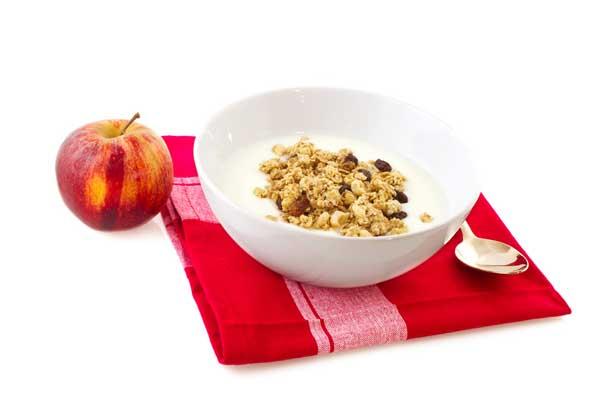
Of nearly 3,000 people who maintained a 30-pound (or more) weight loss for at least a year, 78 percent reported eating breakfast every day, according to 2002 study in the journal Obesity Research. The findings suggest this simple measure is an important weight loss and maintenance tactic, the researchers wrote.
"Breakfast does help jump-start the metabolism, and those who eat it tend to eat a little less throughout the day," Tran said. "Skipping meals leads to excess hunger, and any time your hunger reaches ravenous levels, you're more vulnerable to overeating."
Raise a glass for a smaller waist

Moderate drinkers who average one or two alcoholic beverages per day have narrower waists and less belly fat, Tran said. This could be due to the fact that drinking alcohol temporarily speeds the metabolism.
However "there's definitely a fine line," she said. "Drink too much alcohol and hunger increases and food inhibitions drop along with your blood sugar."
Some supplements may be worth their weight
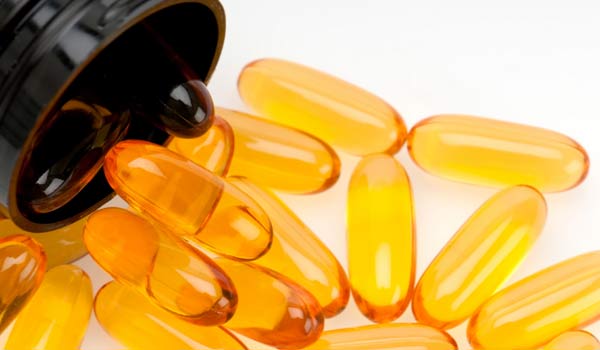
For two nutrients, mounting evidence has shown that taking supplements may be beneficial: vitamin D and omega-3 fatty acids.
For example, a 2003 study in the Journal of Clinical Endocrinology & Metabolism found that more than half of 93 Hawaiian surfers were deficient in vitamin D. If those who live and play in sunshine a key to the body's production of vitamin D are deficient, then the common recommendation to allow sun exposure to the hands and face for 15 minutes may not ensure vitamin D sufficiency for the rest of us, the researchers wrote.
The National Institutes of Health has also warned that many Americans cannot produce as much as needed from the sun exposure alone.
And very few foods contain vitamin D, which is crucial to bone health and immune function. The U.S. Food and Drug Administration recommends adults get at least 400 IU of vitamin D each day, with the help of supplements if necessary. [Related: 9 Good Sources of Vitamin D]
Omega-3 is an essential fatty acid also found in relatively few foods. Among its many health benefits, omega-3s promote brain function and help prevent heart disease by decreasing the amount of inflammation produced in the body.
The American Heart Association recommends eating fatty fish such as salmon, tuna, sardines and herring at least twice a week, as well as taking fish oil supplements.
 Live Science Plus
Live Science Plus





